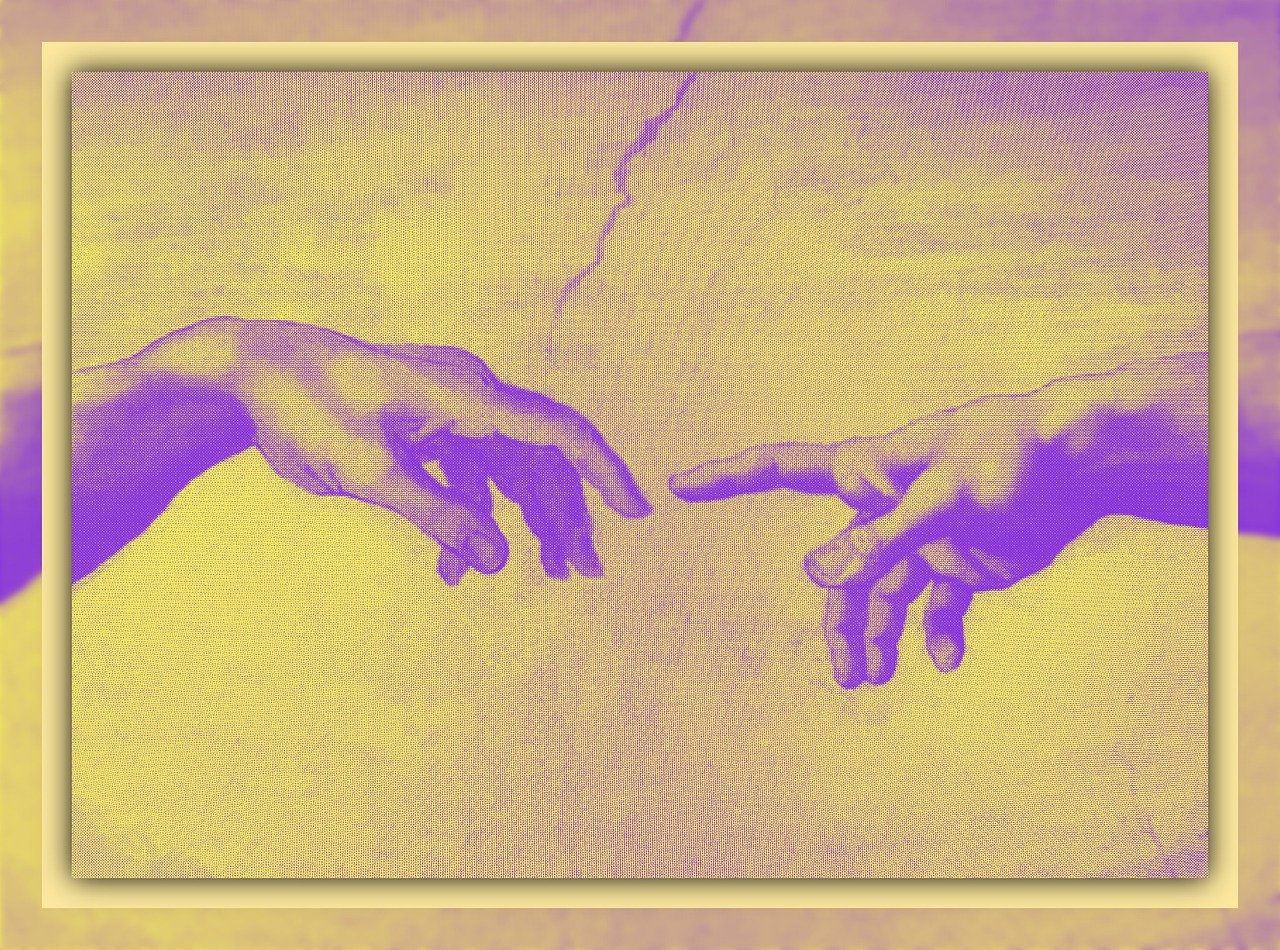“We hold these truths to be self-evident, that all men are created equal, that they are endowed by their Creator with certain unalienable Rights, that among these are Life, Liberty and the pursuit of Happiness.”
When the Declaration of Independence was written back in 1776, that was crazy talk. All men created equal? You think you have rights simply because you exist? King George III must have laughed right into his Bubble and Squeak –at first.
So where did Thomas Jefferson and the guys who signed that document get such revolutionary ideas?
Men had been ruled by emperors and pharaohs and kings for all of the 5,000 or so years of written history prior to that. Whatever the guy with the biggest, most expensive hat was called, it was common knowledge that the blacksmith, the block-layer, or the guy cleaning out the horse stalls was most certainly not his equal.
There had been some talk and some experiments with people having rights and being allowed to rule themselves (kind of) in China and India and Athens, but things rather quickly went back to a big shot with a big army being the one who called the shots.
The Magna Carta, written in 1215 in England, granted some rights to some of the king’s subjects and is often cited as the beginning of rights and liberty for the governed –provided the king chose them to have those rights.
During the Renaissance in the 14th, 15th, and 16th centuries there was a focus by scholars on studying grammar, rhetoric, history, poetry, and moral philosophy in an attempt to purify and renew Christianity by returning to the simplicity of the New Testament.
There was also this crazy German monk in the 16th century named Martin Luther who challenged the concept that the Pope was infallible, and that the Church should not sell “Get Out of Hell” tickets (a.k.a. “Indulgences.”) to finance building cathedrals. He also had the temerity to posit that ordinary people had the right to read the Bible and think for themselves.
The concept of people thinking for themselves was a key aspect of the Age of Enlightenment, which historians will tell you is where the folks who wrote the Declaration got their radical concepts of personal worth and rights.
Early on in the Age of Enlightenment, England had a king named Charles I who was not very enlightened at all. His habit of imposing “forced loans” on people and imprisoning those who refused to pay eventually resulted in three civil wars. (And the loss of his head.)
In between the First English Civil War (1642-46) and the Second English Civil War (1648-49) a group called The Levellers gained influence in England by pioneering the use of pamphlets and petitions. (They were known to use the phrase “No king but King Jesus” in their literature –a phrase that would arise again as a banner and a battle cry during the Revolutionary War.) Their advocacy of individual rights and freedom was based on the Biblical concept of imago Dei –that we are all made in the image of God as it says in Genesis and therefore, we all have the right to the very things that would later be penned in the Declaration of Independence.
That concept of imago Dei absolutely changed the world.
After the Revolutionary War, there was an enormous upwelling of the pursuit of freedom. Throughout the Americas and the Caribbean, former colonies of the French, the British, the Spanish, and the Portuguese became independent countries.
The concept of imago Dei incited American and British Quakers to begin the Abolitionist movement to end slavery. The first draft of the Declaration of Independence called for the abolishment of slavery, but it was removed after contentious debate. Many of the states banned slavery very shortly after the country was formed.
And if people who didn’t own land and people who were slaves had been created in the image of God, didn’t that also apply to women? Aren’t they endowed by their Creator with the same unalienable rights?
Granted, we as a country have made terrible errors in carrying out the full and complete implications of every person being made in the image of God, but the power and the glory of that concept has given us a world far, far better than it was before. The errors we have made have come as a result of forgetting that concept rather than of practicing and implementing it.
King Jesus has and will continue to change the world and one day, all the crowns of all the kings of all the world will be cast at His feet.
So, as you listen to the songs and the preaching on Kinship Radio this Independence Day holiday, take note of how God and the concept of Imago Dei changed the world. Remember that every person you meet is made in His image to be valued and appreciated and loved.
Today’s Praise
So if the Son sets you free, you will be free indeed. John 8:36 (NIV)


Good words. Well written. Thank you.